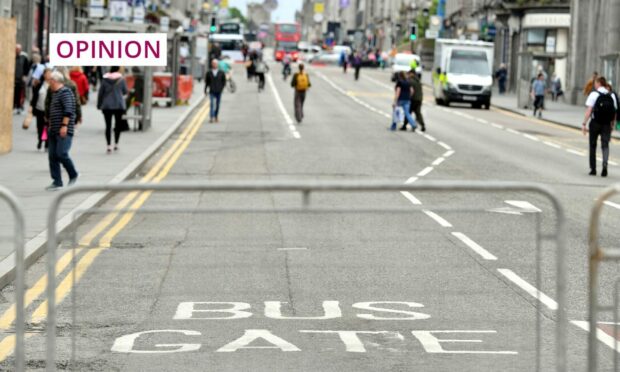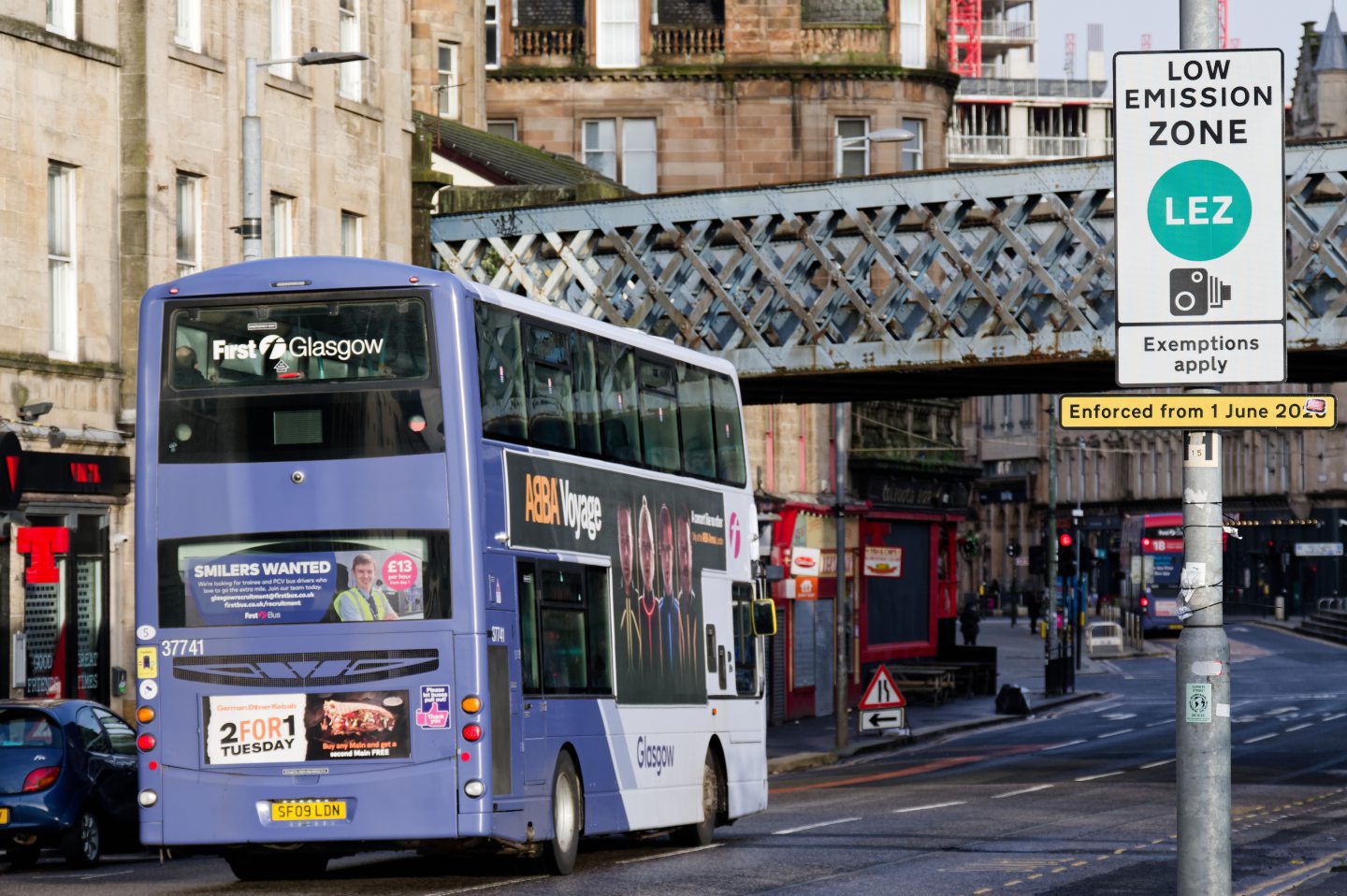What is it with Aberdeen city councillors? Do they despise their city and the people who live in it so much that they are hell-bent on destroying it?
There is no other feasible explanation for the continuing destruction of the city centre, which has long been an embarrassment to those who were once proud to boast that the Granite City was their home.
To walk the length of Union Street from Holburn junction to the Castlegate is to subject yourself to one of the most depressing activities known to man. Where once hugely successful independent retailers rubbed shoulders with national chains, taking up residency in the city centre shopping malls, nowadays it appears that empty units far outweigh those still operating. Were it not for charity shops, bookmakers and bars, there would be virtually no life left in what was once the embodiment of Aberdeen’s post-oil prosperity.
I recall vividly moving to Aberdeen from England more than 30 years ago and being astonished at the architecture, the buoyancy and the confidence the city exuded. Nowadays, it is a shell, partly due to changing consumer habits and the general downturn in oil and gas.
But by far the worst damage has been caused by the very people voted in by their peers to safeguard the city’s future: councillors. And they have failed miserably, with party political alignment taking precedence over future prosperity.
Huge disconnect between politicians and the people
I have long believed – and have been known to voice it – that party politics should have no part to play in local issues. I fully understand why prospective candidates align themselves to particular parties, because adding the letters SNP or Labour after the candidate’s name is a game changer in a process whereby councillors can be elected to office with just a few dozen votes.
The problem arises, however, when these largely unqualified, inexperienced individuals become beholden to the dogma of their chosen party, and make decisions based on what is national policy rather than what will benefit the people of Aberdeen. We have seen evidence of that with the establishment of low emission zones around the periphery of the city centre and, more recently, the bus gates which have now choked the area they were designed to help.
There can be no greater example of the disconnect between elected representatives and the people than this monstrous waste of money. Sure, there is a growing determination by the anti-car lobby to force everyone onto buses or bicycles, but there is absolutely no justification for the cockeyed bus gate scheme.
A recent, admittedly unscientific, snap survey by a city-based news website showed that hundreds of people are opposed to bus gates, with just a few in support. These people should have been given the opportunity to make their views known before the council pushed the start button. But, with typical incompetence, the powers that be decided to implement the scheme first and then seek reaction afterwards.
Let’s hope the public’s memories are long
Anyone who thinks that the huge opposition to bus gates will sway the decision on whether to make them permanent is living in a parallel universe. The political masters in Edinburgh, who dictate what Aberdeen city councillors think and do, will never countenance having to back down on such an important plank of their so-called strategy. The Greens would never allow it, and we all know they are the real power in Scottish politics, thanks to the dysfunctional hierarchy which currently exists.
The most depressing aspect of all this is that people are now powerless to effect change until the next local elections in 2026. They can only look on in a mixture of bewilderment and dismay as city fathers continue to career down the road to hell.
Some would say, with justification, that it is the public’s own fault because of general apathy during local elections
Some would say, with justification, that it is the public’s own fault because of general apathy during local elections. Let’s hope that people’s memories are long and that, when that next opportunity arises, they will resoundingly reject those responsible for the current mess.
History, unfortunately, suggests that won’t happen. Memories are notoriously short when it comes to political incompetence. Rishi Sunak and Humza Yousaf must be keeping their fingers crossed that that holds true.
Derek Tucker is a former editor of The Press and Journal

